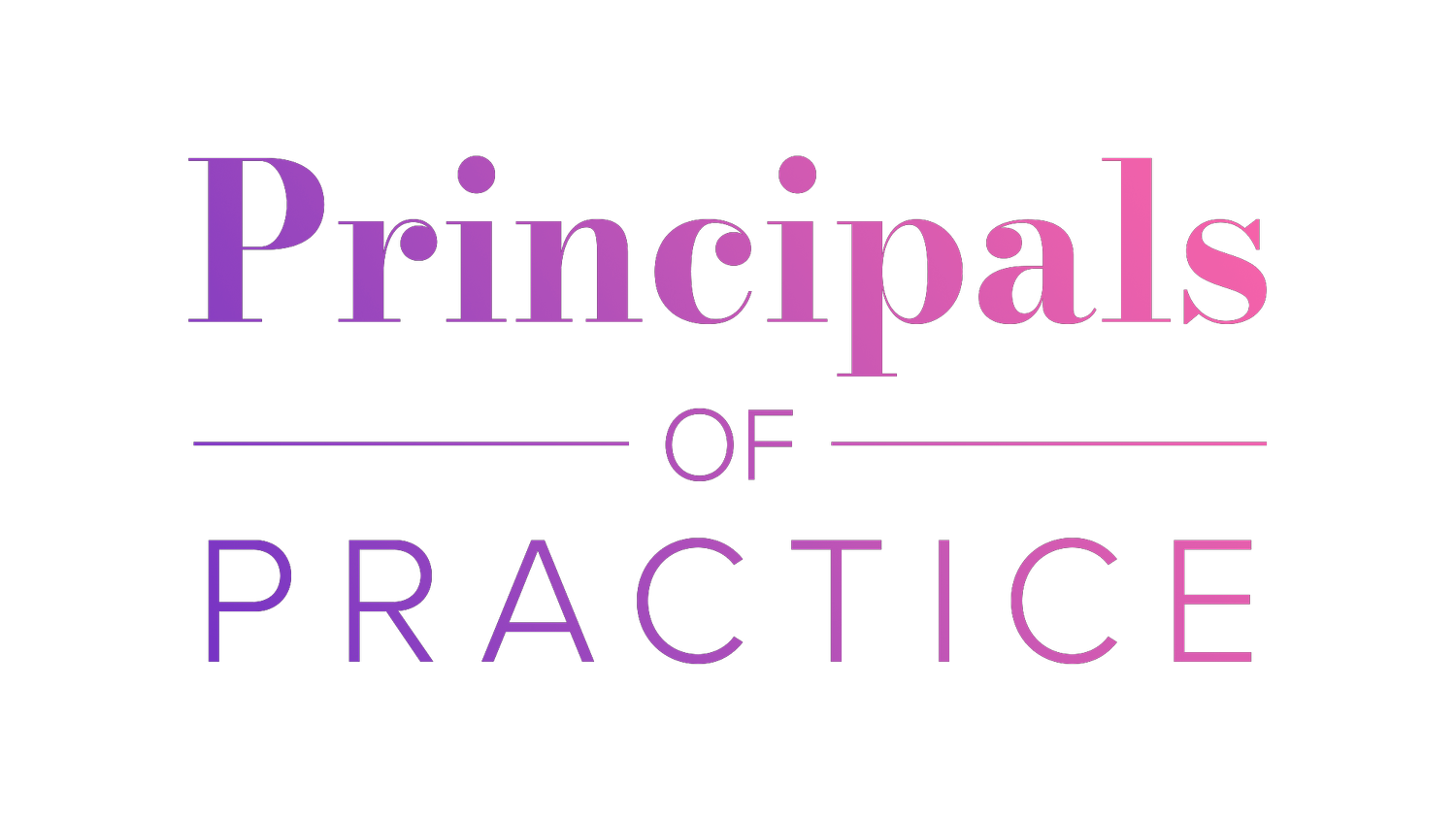Harness the power of skilful listening
There are many skills I learned as a coach that I wish I’d had at my disposal when I was practising as a lawyer and leading teams.
The power of skilfully listening is one of the most valuable of those skills. This means listening without agenda or judgement, listening with an open and quiet mind and listening without planning and rehearsing a response in my head while I nod along patiently waiting for my turn to speak.
Throughout my legal career I’d been on training courses that included a module on ‘active listening’ but ironically, I am not sure I really heard what was being said in these. I recall bits and pieces of theory but I was never prompted or encouraged to uncover what was preventing me from actively listening in the first place.
Most of the advice and mentoring I’d received throughout my career involved encouraging me to speak up, ‘lean in’ and make myself heard. People must have assumed that I was already a good listener, or perhaps they didn’t appreciate the link between being a good listener and making a valuable contribution. You see in my experience, the very things that were preventing me from actively listening were also holding me back when it came to speaking up.
Before I turn to what I’ve come to realise, there are various models on the different types of listening. This is one that I like to use:
Level 1 Listening: This is when it appears that you are listening but instead, you are consumed by or distracted with your own thoughts and priorities. You might be thinking about something else entirely or, as I used to do, silently rehearsing your response or next move, or trying to think up solutions to the issue that is being discussed.
Level 2 Listening: At this level, you have taken steps to be more attentive with your listening. You’ll be focussed on the person who is speaking and perhaps you’ve reminded yourself to pay attention and listen. You are deliberately and consciously taking in the words the person is saying at this level but you are likely to be missing some nuances and clues about the context and meaning of what is being said.
Level 3 Listening: At this level you are really connecting with the other person. You are noticing shifts in energy, congruence and incongruence between the words they are using and their body language. You might start to get a sense of what they’re not saying. You are no longer in your own head but are drawn into the experience of connecting with the other person. You are not just listening with your ears but your eyes and perhaps even your gut. You can feel the mood the other person is projecting and subtle changes as the conversation develops. These things you notice help you form the basis of further enquiry. This level of listening also means you are no longer asking questions with your perspective at front and centre but instead, you are exploring the perspective of the other person.
Realisations about my listening
I’ve often asked myself what was holding me back from moving beyond Level 1 Listening and have come to realise it came down to these factors:
My discomfort with silence: I had an urge to keep the conversation flowing and was eager to have my response ready to go as soon as there was a break in conversation.
I feared revealing I didn’t know the answers: My misgivings that I had anything valuable to add led to me being preoccupied with silently analysing the situation to uncover a valuable nugget.
Leaning in: Thanks to Sheryl Sandberg, I was leaning so far forward that my body position was not conducive to absorbing information, nor was it encouraging the other person to expand or elaborate. In this position, it was probably obvious I was (somewhat impatiently) waiting for my turn to speak.
What helped me become a better listener?
One of the greatest realisations I had about skilful listening was recognising I didn’t need to solve any problem or have an answer. If you’re an adviser, you might be choking on your scone right now, but consider what you miss when you are busy formulating a solution. Could you offer more value by listening and asking questions that build on what is being said, even if that means venturing into unfamiliar territory that is outside your expertise?
I also found the power of finding comfort in not knowing. What would it take for you to believe that you don’t have to prove yourself? I’ve learnt that embracing what I don’t know enhances my capacity to discover and understand. Rather than feeling insecure about my lack of knowledge being revealed, I’m secure that by saying I don’t know I’m one step further to finding out.
Silence in conversations can be awkward and intimidating and so often it’s tempting to fill up the gaps with talking. But as a skilful listener, I now use silence as a time to relax and reflect on what has been said, or simply be there in the moment with the other person.
Adjusting my body language was also essential to being an effective listener. Instead of leaning forward, I now intentionally sit back in my chair with open body language. It never ceases to amaze me how much this small shift in posture can completely change my capacity to listen and notice.
But by far the most rewarding thing I’ve noticed since I’ve become a better listener is the impact my attentiveness has on the speaker. When someone feels they are being listened to, and not just heard, you can sense the impact this has on them. The connection is meaningful and the relationship moves to a new level.
In terms of my own development, I noticed that conquering my barriers to skilful listening helped me show up more confidently in my conversations.

